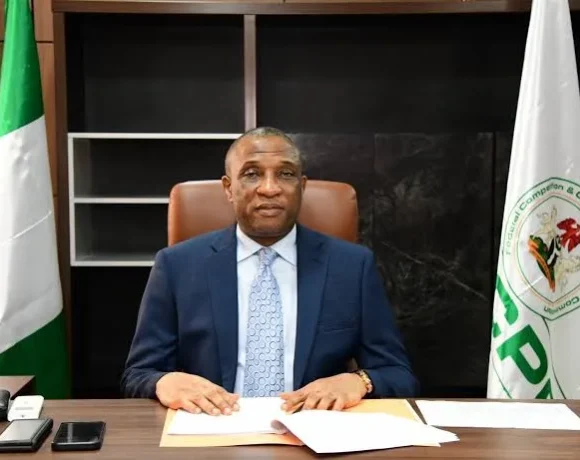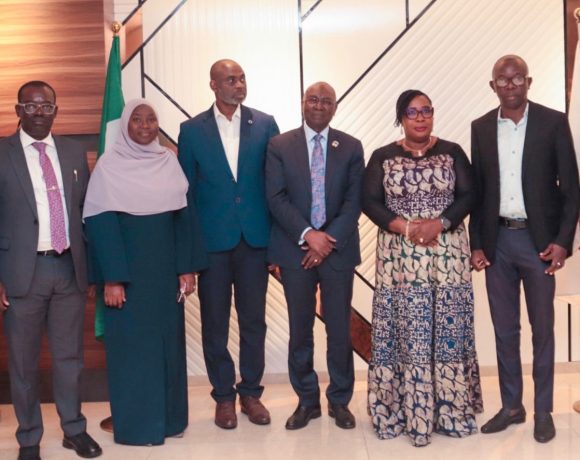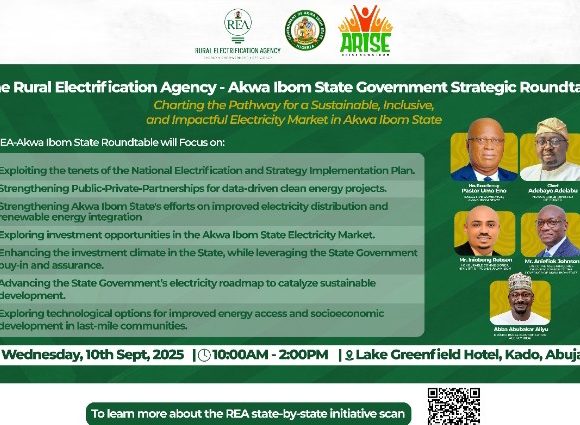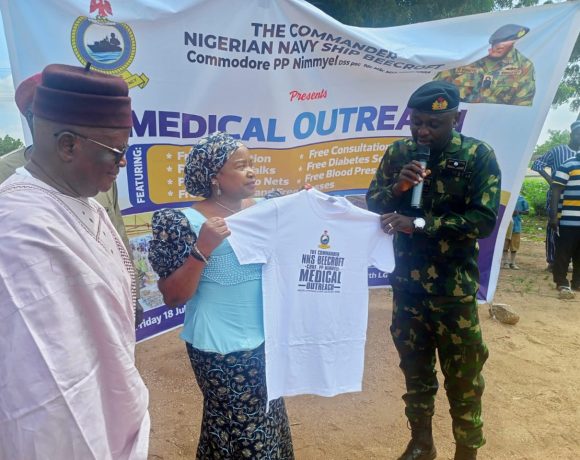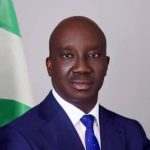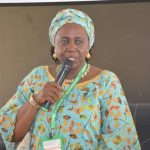Unlocking the Future with Quantum Materials – University Don
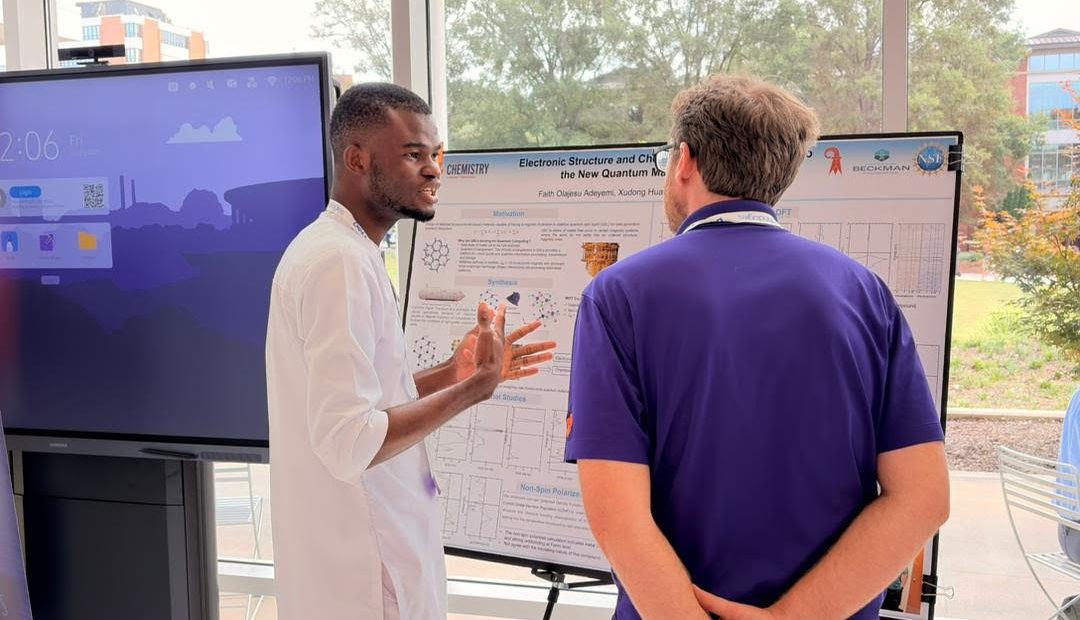
Nigeria
Faith Adeyemi, a PhD scholar in chemistry and materials science at Clemson University, South Carolina, is making outstanding contributions in the field of quantum materials. In this interview, he speaks about the global significance of his research, his journey from Adekunle Ajasin University (AAUA), Nigeria, to the United States, and how he balances science with leadership and faith.
Quantum materials are gaining increasing attention globally. Can you explain why they are so significant today?
“Quantum materials are unique because their properties—such as superconductivity, magnetism, and conductivity—are governed by quantum mechanics rather than classical physics. This makes them central to the future of energy technologies, quantum computing, and secure communication. By controlling their chemistry, we can design materials that generate, store, process, and transmit information more efficiently, which is key to driving technological transformation”.
How did your journey into quantum materials research begin, especially coming from AAUA in Nigeria?
“It began with a strong foundation in solid-state chemistry at AAUA. During my undergraduate days, I combined science with leadership, serving as Parliamentary Speaker of the Faculty Student Association. That dual experience shaped me into someone who values both scientific research and institutional growth. Moving to Clemson University for my PhD provided the opportunity to take that background to the global stage and dive deeper into quantum materials”.
At Clemson, what specific aspects of quantum materials are you focusing on?
“My work explores the relationship between chemical bonding, electronic structure, and physical properties in quantum materials. I focus on questions like: “why do certain chemistry-property relationships exist, and how can we control them?” The answers are vital for designing next-generation materials tailored for applications in quantum information science and energy”.
You recently presented your work at HPC Day 2025, which featured leading U.S. laboratories. How was that experience for you?
“It was a pivotal experience. Presenting my poster alongside experts from Argonne, Los Alamos, and TACC allowed me to show how computational approaches and bonding analysis can accelerate materials discovery. It also reinforced the fact that Nigerian scientists can stand out and make meaningful contributions on global platforms”.
Apart from science, what do you do?
“Beyond academics, I embrace the fellowship of the brethren at Deeper Life Bible Church (DLBC) Clemson Anderson (My family) I also serve as General Secretary and Treasurer of NOBCChE Clemson chapter, where I help secure funding and create opportunities for students to present their research globally. Outside these, I enjoy mentoring, reading, and discussing how science can intersect with policy to create positive change”.
Looking forward, what role do you see quantum materials playing in society?
“They will be at the heart of both information and energy revolutions. In information science, they are critical for quantum computing and secure communication. In energy, they could transform how we generate, store, and transmit power. But their true impact will depend on how well we integrate them responsibly through research, policy, and education”.
What advice would you give to young scientists, especially those starting their journey in Nigeria?
“Start with what you have and stay persistent. Solid fundamentals, curiosity, and consistency matter more than immediate access to advanced facilities. My own journey began at AAUA, and it prepared me to contribute on international stages. Science is universal, and Nigerian scientists can go from local beginnings to global impact if they remain determined”.


